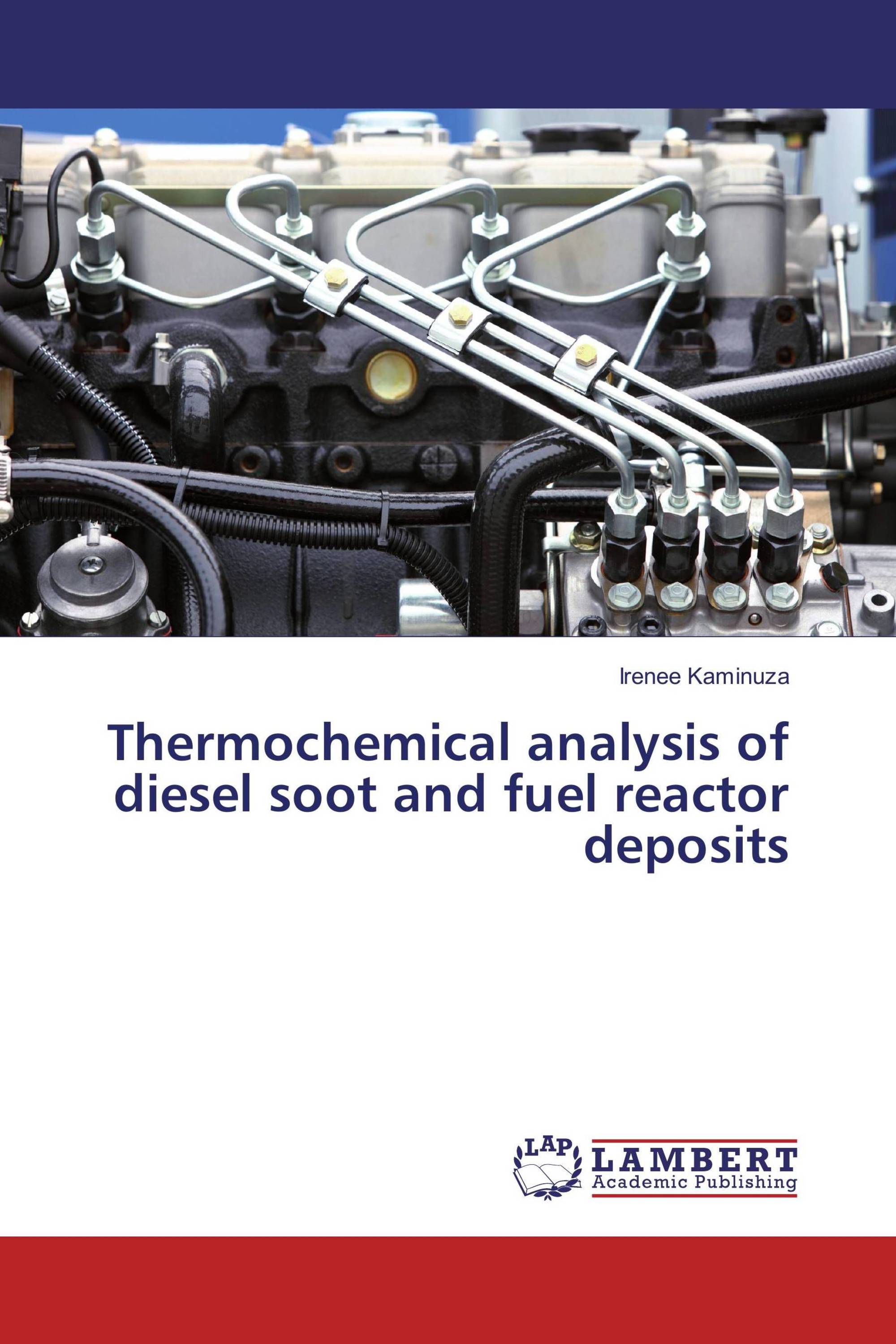Fuel was degraded in three reaction vessels, viz. a continuous flow reactor, open glass flasks and closed metal reactors (bombs) in an attempt to synthesize carbonaceous deposits, analogous to those found in diesel injectors. The degradation of four diesel fuel, was investigated in the thermo-oxidative temperature regime, i.e. below 300°C. Flask reactors and Reactor bombs generated deposits which are synonymous with those found in diesel fuel injectors. These reactors offer a relatively inexpensive means to study the depositing propensity of fuels. Diesel soot, sampled from a commuter bus, was characterized using an array of analytical techniques. Soxhlet extraction was used to study the composition of adsorbed species on the soot using GC-MS. It was shown that the extracting solvent significantly influences the type of species that are extracted from the soot. To study adsorbed carcinogenic poly-aromatic hydrocarbons and endocrine disrupting species the most effective solvents were shown to be methanol, dichloromethane and acetone.
Book Details: |
|
|
ISBN-13: |
978-3-330-00520-4 |
|
ISBN-10: |
3330005203 |
|
EAN: |
9783330005204 |
|
Book language: |
English |
|
By (author) : |
Irenee Kaminuza |
|
Number of pages: |
196 |
|
Published on: |
2016-11-17 |
|
Category: |
Chemical technology |
